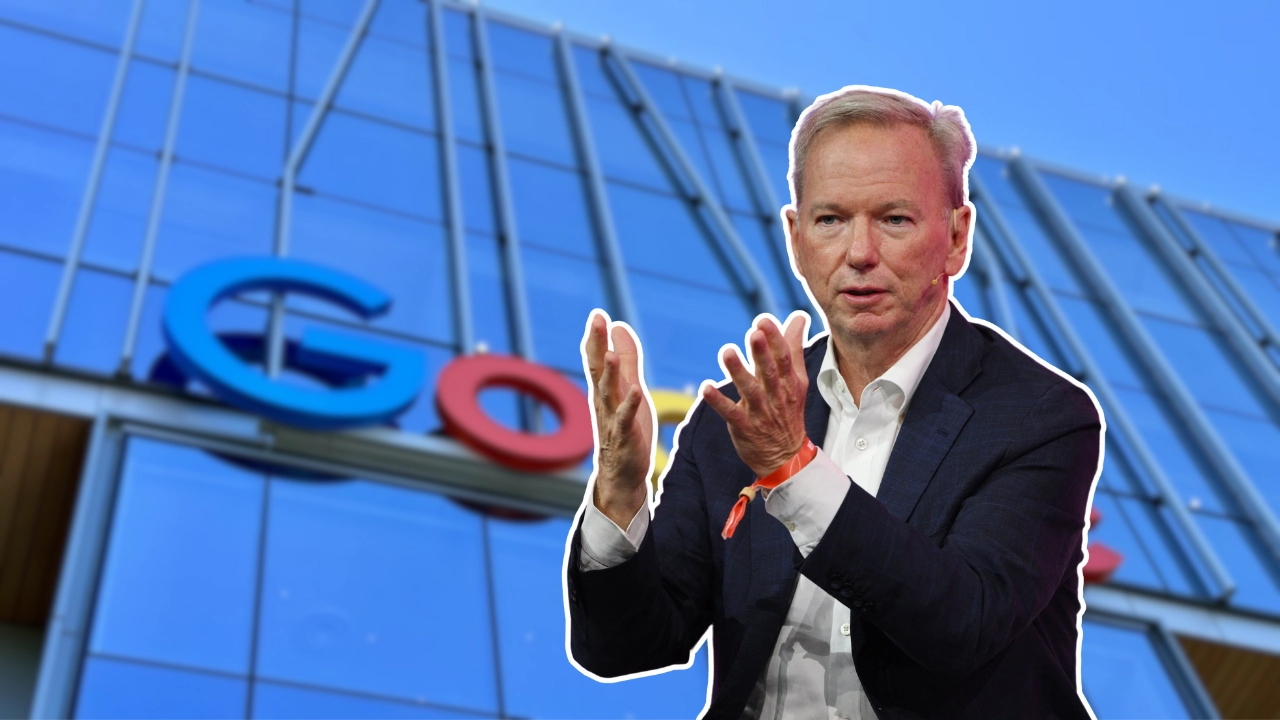Former Google CEO Eric Schmidt has stirred controversy by linking Google’s perceived lag in artificial intelligence (AI) development to its adoption of remote work policies. Schmidt, who led Google from 2001 to 2011 and served as executive chairman until 2015, believes that Google’s prioritization of work-life balance over competitiveness is detrimental to its AI advancements, especially when compared to the aggressive work cultures of AI-focused startups like OpenAI and Anthropic.
Who? Eric Schmidt, former CEO and chairman of Google.
What? Criticism of Google’s remote work policy as a factor in its AI development lag.
When? Recent discussions, notably at Stanford University.
Where? Global, though the commentary centers on Google’s policies in the U.S.
Why? Schmidt suggests that the lack of traditional, in-person work environments may hinder spontaneous creativity and teamwork, which are crucial in the fast-evolving tech landscape.
In-depth Analysis
Schmidt’s assertions were part of a broader conversation about the challenges and dynamics of remote work in tech industries, especially in fields that require constant innovation like AI. He argues that while remote work has been embraced widely post-pandemic for its benefits in work-life balance, it might also lead to reduced competitiveness against startups that maintain more traditional, rigorous work environments. Notably, during a discussion led by Professor Erik Brynjolfsson at Stanford University, Schmidt pointed out that Google had once been at the forefront of AI innovation but now seems to have lost its edge to rivals like OpenAI, which maintain a more traditional approach to work presence.
Despite these claims, it’s important to note that Google and other tech giants like OpenAI also employ hybrid work models. Google, for instance, requires employees to be in the office three days a week, a policy similar to that of OpenAI. This indicates that the issues surrounding AI development at Google might be more nuanced, involving a combination of factors beyond just the work model.
Schmidt’s Broader Concerns
Schmidt also reflected on broader trends in the tech industry, where the intensity of work in startup environments often leads to rapid advancements. He highlighted that the physical presence in work settings, such as seen in companies like Taiwan Semiconductor Manufacturing Company (TSMC), could foster a level of dedication and innovation pace not commonly found in more flexible work cultures prevalent in U.S. tech companies.
While Eric Schmidt’s views on the impact of remote work on innovation generate valuable discussion, they also raise questions about finding the right balance between maintaining an innovative edge and ensuring employee well-being. The debate continues as the industry explores the best models to foster both productivity and creativity in the age of AI.










Add Comment